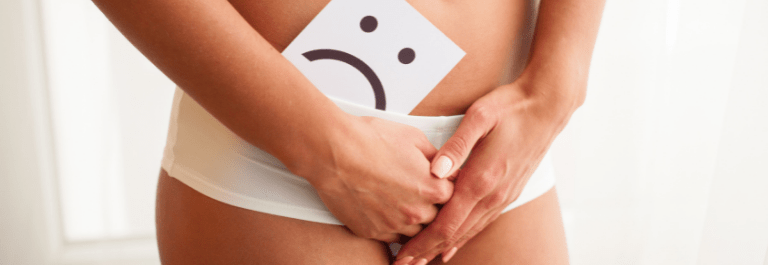What’s the deal with zinc and eczema? According to research, the conclusion is that zinc can indeed help manage eczema symptoms. It’s known for its ability to soothe the skin and prevent irritation, so it’s no wonder it can calm flare ups. Let’s take a closer look at the relationship between eczema and zinc.
Please keep in mind that although what we discuss in this post can relieve eczema, we are in no way medical professionals. If you’re experiencing severe eczema symptoms like an infection, it is best to seek medical advice immediately.
What is Eczema?
First of all, it’s important we understand what exactly eczema is. A condition that affects approximately 10-20% of the world population, eczema is an autoimmune disease that’s characterized by skin inflammation. Symptoms include patches of red, dry, scaly, and incredibly itchy skin. Research doesn’t know the exact cause of this chronic condition but it’s believed to be linked to environmental and genetic factors. At this point in time, there is no cure for eczema but there are natural remedies like eczema cream to help manage symptoms and heal eczema from the inside out.
What is Zinc Oxide?
Zinc Oxide (ZnO) is an essential mineral that supports the immune system and other bodily functions such as metabolism. It’s known for being a safe and natural ingredient that helps to heal wounds and maintain the body’s sense of smell and taste. Babies and adults alike can benefit from the effects of zinc oxide. In fact, zinc oxide is often used to treat symptoms of diaper rash. Although it’s rare to be allergic to zinc oxide, it’s still possible.If you’ve never tried zinc before, be sure to check with your doctor or medical professional first.
Eczema and Zinc Deficiency
A zinc deficiency occurs when you are not your body is not getting enough zinc through your diet or if your body is having trouble absorbing zinc. This usually occurs when you are dealing with a disease that affects the gut. A zinc deficiency can also be inherited. A zinc deficiency can affect your skin, resulting in a rash that looks similar to atopic dermatitis. A person with a zinc deficiency may also experience hair loss, changes in their nail’s appearance, and the increased risk of infection.
How does Zinc Help Eczema?
Zinc offers many benefits to eczema-prone skin. First of all, it helps the skin retain moisture by creating a protective layer on top of the skin. This can help combat the drying effects of a damaged skin barrier. In addition, zinc reduces inflammation which is a huge advantage when treating an inflammatory skin condition like eczema. Not only does it provide itch relief, but zinc is also full of antibacterial properties which makes it useful in reducing the risk of infection should scratching cause the skin to crack or bleed.
Zinc Treatments for Eczema
Tallow Bar Soap with Zinc
This Tallow Bar Soap with Zinc is the perfect addition to your paleo skincare routine, along with our beef tallow cream. It contains antifungal and antibacterial properties, plus it’s extremely gentle on even the most sensitive skin. Try it to reduce skin inflammation and irritation.
Remedywear™ MEN'S Boxer Briefs
These boxer briefs are made with super soft TENCEL and embedded with anti-inflammatory zinc. They feature an elastic-free waistband and stretchy material to ensure comfort all day or night long.
Discover the rest of our other Remedywear™ garments made with TENCEL and anti-inflammatory zinc here.
References:
https://www.verywellhealth.com/zinc-oxide-for-eczema-5194263
https://www.soothems.com/blogs/news/eczema-and-the-benefits-of-zinc-oxide



